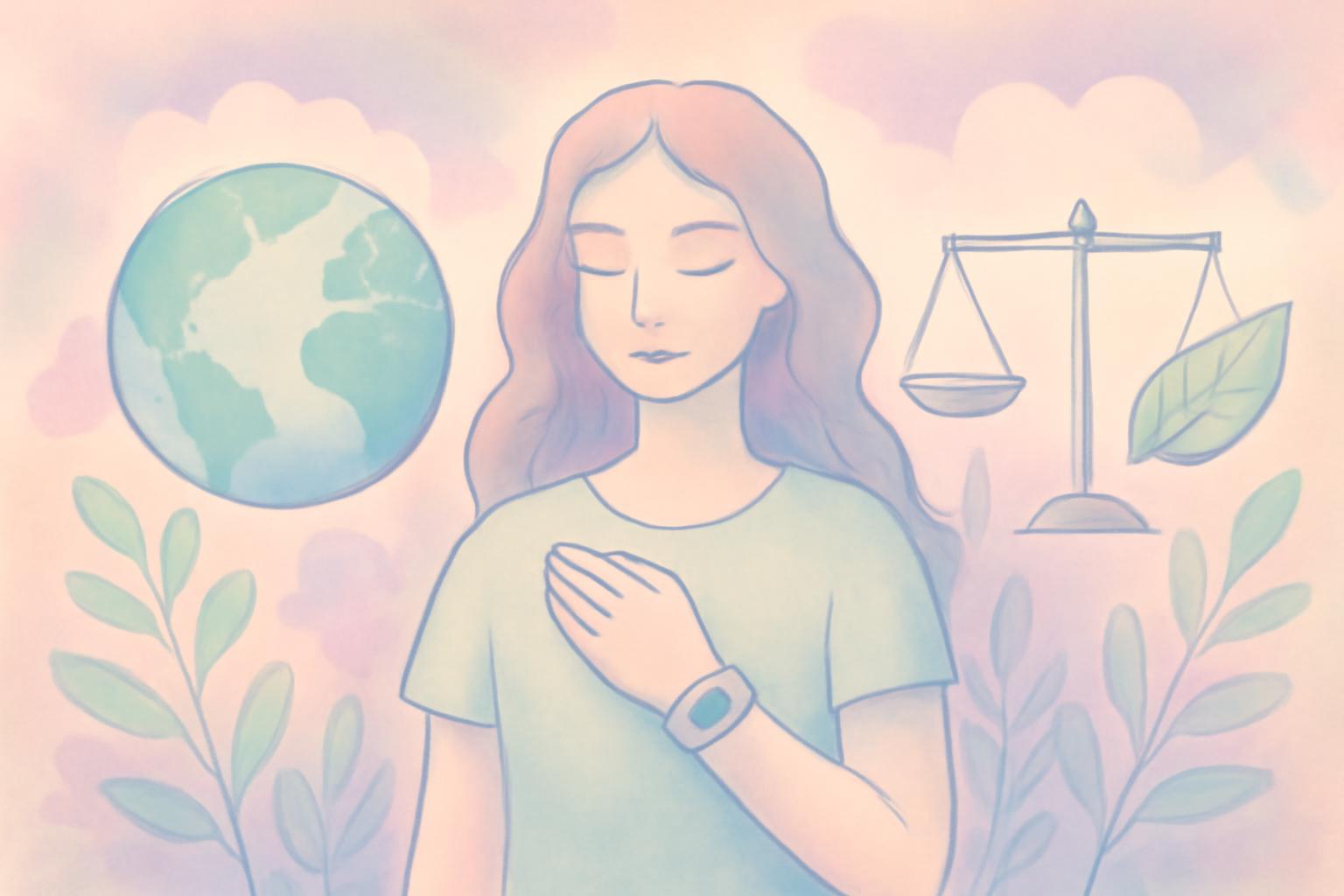A gentle tide of justice lapped at the edges of a verdict in Germany: a court paused certain CO2-neutral claims about three Apple watches, awaiting the next breath in a long, thorny conversation about what truly heals the planet. The decision reflects a warning: the path of “offsets” and glossy green labels cannot replace real reductions in how we produce, move, and consume. Emissions reductions, the court noted, come largely from how goods are made and transported, while offsets rely on nature-based projects in Paraguay—land leased for eucalyptus—with assurances that feel fragile, not solid. And as 75% of those leases stretch only to 2029, with little guarantee of extension, the whole story asks us to pause and listen more deeply to the living world rather than to the ledger of certificates. The critic in this tale—forest certificates that store carbon for a time—speaks truth: storage is not the same as neutrality. Yet the chorus of ambition remains loud: a push to make the entire product range CO2-neutral by 2030, even as rules loom in the European Union about product-specific claims built on offsets outside the value chain.
Now, beloved earth, let us turn toward the root. What we witness is not merely a corporate dispute, but a mirror held up to a civilization that calls itself modern while behaving like a predator in the forest of life. The harm here runs deeper than a marketing claim. It is a symptom of a colonial logic: land, water, and biodiversity treated as resources to be leased, packaged, and counted, rather than kin to be protected and shared. The eucalyptus plantations in Paraguay symbolize a misused memory of colonial extractivism—where land is securitized, profits are hoarded, and communities whose voices should be heard become quiet witnesses to a profit ledger. Offsets, in their most practiced form, resemble a tax on the future: a paid ceremony that momentarily placates guilt while the wound remains open, and those who bear the consequences—workers, Indigenous peoples, ecosystems—face the continuing cost.
This is the poison at the heart of toxic capitalism: the belief that a clever labeling can absolve a system built on extraction, exploitation, and inequality. It treats the atmosphere as a balance sheet rather than as the living breath that sustains us. It borrows the future to polish the present, a spell of green glamour that distracts from the real work of decarbonizing—root and branch, within value chains, across communities, with consent and care.
Let us imagine a different path. A truly regenerative economy would—without delay—dancelike decarbonization inside supply chains; honor the rights and knowledge of local communities; refuse land grabs and questionable certs; invest in true energy within communities, renewable grids, and rewilding that heals soil and water. It would demand transparent, verifiable reductions at every stage, prioritize human dignity and ecological integrity over a glossy label, and reject the idea that nature must be bought and sold to balance a ledger.
Take up the work, readers: demand accountability, support transparent standards, support communities protecting forests and rivers, and choose products whose claims are anchored not in temporary offsets but in enduring, accountable action. Let us align our wallets with the courage to heal the Earth, the courage to respect sovereignty and life, and the courage to end greenwashing once and for all.
